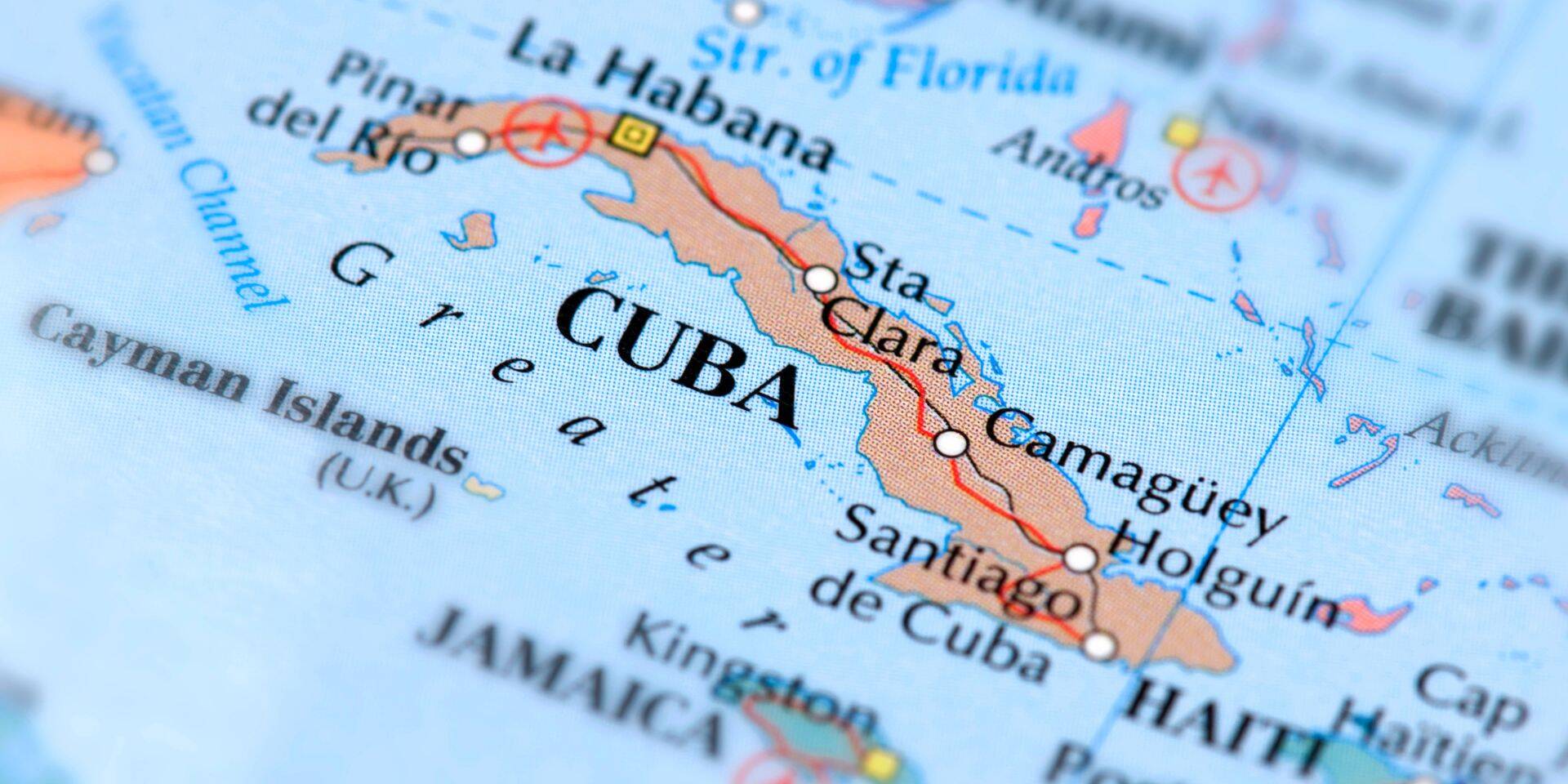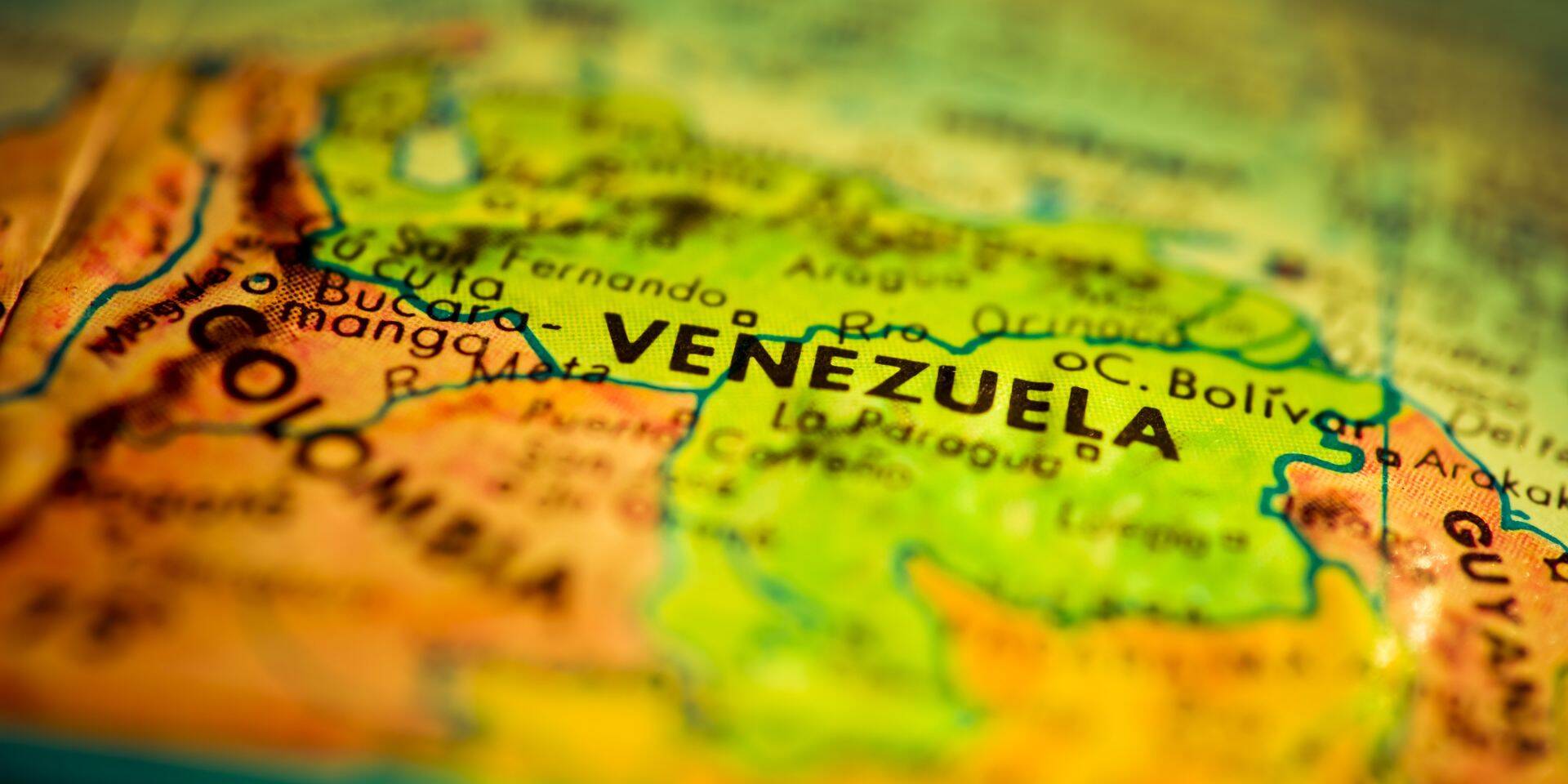Below is the announcement from the Department of Homeland Security announcing the extension of the COVID vaccination requirements for non-U.S. travelers:
Today, the Department of Homeland Security (DHS) announced that it will extend temporary Title 19 requirements and continue to require non-U.S. travelers entering the United States via land ports of entry and ferry terminals at the U.S.-Mexico and U.S.-Canada borders to be fully vaccinated against COVID-19 and provide related proof of vaccination upon request. These requirements will continue to apply to non-U.S. travelers who are traveling both for essential and non-essential reasons, and do not apply to U.S. citizens, Lawful Permanent Residents, or U.S. nationals.
These requirements were extended in consultation with the Centers for Disease Control and Prevention (CDC) and several other federal agencies. According to CDC, vaccines remain the most effective public health measure to protect people from severe illness or death from COVID-19, slow the transmission of COVID-19, and reduce the likelihood of new COVID-19 variants emerging.
“The Biden-Harris Administration is committed to protecting public health while facilitating lawful trade and travel, which is essential to our economic security,” said Secretary of Homeland Security Alejandro N. Mayorkas. “That is why, after consulting with CDC and other federal agencies, DHS will continue to require non-U.S. individuals entering the United States via land ports of entry and ferry terminals to be fully vaccinated against COVID-19 and provide related proof of vaccination upon request.”
Non-U.S. travelers entering the United States via land ports of entry and ferry terminals, whether for essential or non-essential reasons, must continue to:
- verbally attest to their COVID-19 vaccination status;
- provide, upon request, proof of a CDC-approved COVID-19 vaccination, as outlined on the CDC website;
- present a valid Western Hemisphere Travel Initiative(WHTI)-compliant document, such as a valid passport, Trusted Traveler Program card, or Enhanced Tribal Card; and,
- be prepared to present any other relevant documents requested by a U.S. Customs and Border Protection (CBP) officer during a border inspection.
COVID-19 testing is not required to enter the United States via a land port of entry or ferry terminal.
The continuation of these requirements helps protect the health and safety of both the personnel at the border and other travelers, as well as U.S. destination communities, and ensures that public health measures governing land travel align with those that govern incoming international air travel. DHS will closely monitor all relevant circumstances, including the effect of these requirements, and may amend or rescind the requirements at any time. In determining whether and when to rescind this order, DHS anticipates that it will take account of whether the vaccination requirement for non-U.S. air travelers remains in place. This announcement does not affect requirements for entry into the United States by air.
To help reduce wait times and long lines, travelers arriving or departing from air, land, or sea ports of entry are encouraged to use the Simplified Arrival or Mobile Passport Control mobile applications, which use facial comparison technology for more expedient processing. Documented non-citizens may also apply for and manage their I-94s through the CBP OneTM mobile application, a single portal for accessing CBP mobile applications and services.
End of Announcement
If you have questions about traveling with your current status or any other immigration-related issue, contact us at ILBSG. We actively monitor ongoing updates to ensure our clients get the right advice.
Related Posts
April 2, 2025
Judge Rules Venezuelans Can Temporarily Keep TPS Protections
A federal judge temporarily halted the…



